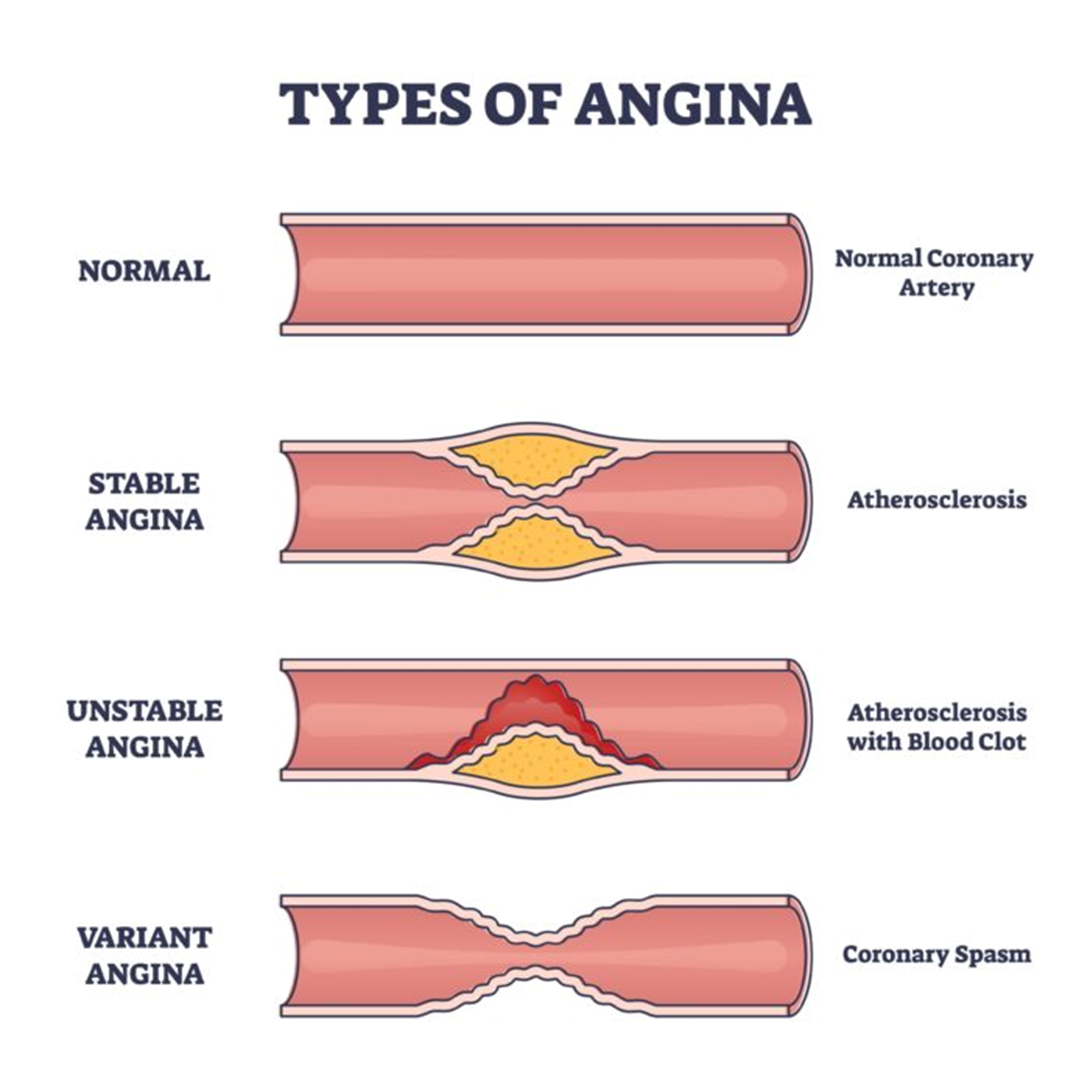A nurse is teaching a client who has a new prescription for hydrochlorothiazide for management of hypertension. Which of the following instructions should the nurse include?
Reduce intake of potassium-rich foods.
Avoid grapefruit juice.
Take this medication before bedtime.
Monitor for leg cramps.
The Correct Answer is D
Choice A reason: Reducing intake of potassium-rich foods is not necessary for clients taking hydrochlorothiazide, as this medication can cause hypokalemia (low potassium levels) due to increased potassium excretion in the urine. Clients may need to increase their intake of potassium-rich foods or take potassium supplements to prevent hypokalemia.
Choice B reason: Avoiding grapefruit juice is not necessary for clients taking hydrochlorothiazide, as this medication does not interact with grapefruit juice. Grapefruit juice can affect the metabolism of some other medications, such as statins, calcium channel blockers, and cyclosporine, by inhibiting the enzyme CYP3A4 in the liver.
Choice C reason: Taking this medication before bedtime is not advisable for clients taking hydrochlorothiazide, as this medication can cause increased urination and nocturia (nighttime urination). Clients should take this medication in the morning or at least 6 hours before bedtime to avoid disrupting their sleep.
Choice D reason: Monitoring for leg cramps is an important instruction for clients taking hydrochlorothiazide, as this medication can cause muscle cramps due to electrolyte imbalances, such as hypokalemia, hyponatremia (low sodium levels), or hypomagnesemia (low magnesium levels). Clients should report any signs of muscle cramps, weakness, or fatigue to their provider.
Nursing Test Bank
Naxlex Comprehensive Predictor Exams
Related Questions
Correct Answer is D
Explanation
Choice A reason: This is incorrect because aspirin is not a suitable medication for preventing venous thromboembolism (VTE) in a client who is postoperative following hip arthroplasty. Aspirin is a nonsteroidal anti-inflammatory drug (NSAID) that has antiplatelet and analgesic effects, but it is not as effective as anticoagulants for VTE prophylaxis.
Choice B reason: This is incorrect because alteplase is not a medication for preventing VTE, but for treating it. Alteplase is a thrombolytic agent that dissolves existing blood clots by activating plasminogen. It is used for acute ischemic stroke, myocardial infarction, and massive pulmonary embolism, but it has a high risk of bleeding and is contraindicated in clients who have had recent surgery.
Choice C reason: This is incorrect because clopidogrel is not a medication for preventing VTE, but for preventing arterial thrombosis. Clopidogrel is an antiplatelet agent that inhibits the adenosine diphosphate (ADP) receptor on platelets, preventing their aggregation. It is used for clients who have had acute coronary syndrome, percutaneous coronary intervention, or ischemic stroke, but it is not effective for VTE prophylaxis.
Choice D reason: This is correct because enoxaparin is a medication for preventing VTE in a client who is postoperative following hip arthroplasty. Enoxaparin is a low molecular weight heparin (LMWH) that inhibits factor Xa and thrombin, preventing the formation of fibrin. It is administered subcutaneously once or twice daily and does not require routine laboratory monitoring. It has a lower risk of bleeding and heparin-induced thrombocytopenia (HIT) than unfractionated heparin.
Correct Answer is ["A","B","D"]
Explanation
Choice A reason: Removing the patch for 10 to 12 hours daily is a correct instruction. This allows the client to have a nitrate-free period, which prevents the development of tolerance to the medication. Tolerance reduces the effectiveness of nitroglycerin in relieving anginal pain. The client should remove the patch at night, when the risk of angina is lower, and apply a new patch in the morning.
Choice B reason: Applying the patch to a hairless area and rotating sites is a correct instruction. This prevents skin irritation and enhances absorption of the medication. The client should avoid applying the patch to areas that are exposed to heat, sunlight, or friction, as these factors can increase the release of nitroglycerin and cause hypotension.
Choice C reason: Applying a new patch at the onset of anginal pain is not a correct instruction. Transdermal nitroglycerin is used for the prevention, not the treatment, of anginal attacks. The onset of action of transdermal nitroglycerin is slow, and it may take several hours to reach peak effect. The client should use sublingual nitroglycerin, which has a rapid onset of action, to treat acute anginal pain.
Choice D reason: Applying a new patch each morning is a correct instruction. This ensures that the client has a steady and adequate supply of nitroglycerin throughout the day, when the risk of angina is higher. The client should apply the patch to a different site each day, and remove the old patch before applying the new one.
Choice E reason: Applying the patch to dry skin and covering the area with plastic wrap is not a correct instruction. This can cause skin maceration, which is the softening and breaking down of the skin due to moisture. This can increase the risk of infection and reduce the absorption of the medication. The client should apply the patch to clean and dry skin, and avoid covering the area with any dressing or tape.

Whether you are a student looking to ace your exams or a practicing nurse seeking to enhance your expertise , our nursing education contents will empower you with the confidence and competence to make a difference in the lives of patients and become a respected leader in the healthcare field.
Visit Naxlex, invest in your future and unlock endless possibilities with our unparalleled nursing education contents today
Report Wrong Answer on the Current Question
Do you disagree with the answer? If yes, what is your expected answer? Explain.
Kindly be descriptive with the issue you are facing.
